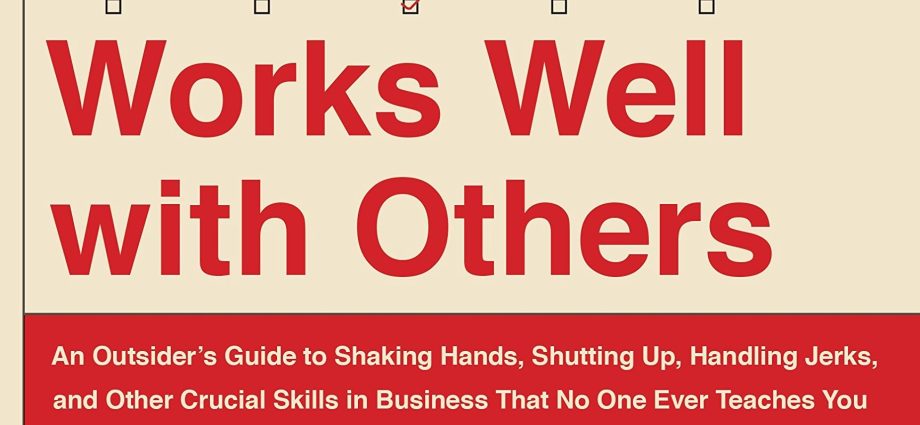You can try for as long as you like to understand what the Russian classic wanted to say with one or another of his works, but as long as we look at his text only from a literary point of view, we will hardly get off the ground. It’s time to connect a psychologist.
Is Chatsky smart?
Are we always grateful to those who open our eyes to ourselves? Perhaps the future will prove the correctness of these brilliant harbingers of the new time. But at a time when the majority still wants to hold on to the familiar, the one whom we perceive as a threat to the already existing world order is hated by us. Such is Chatsky.
He says that he sees, but he sees a lot, because, having left Moscow, having expanded his already not narrow ideas about the world, he is able to look at everything that happens in the society of that Moscow from a meta-position, from above. The question is, is it always worth reporting what you see and is it necessary to share what is conscious without a counter question, and even with accusatory irritation? Wouldn’t it be better to keep the truth unpleasant for others?
Devaluing what is dear to your loved one is not the fastest way to his heart
Passionaries, people who are ahead of their time, always become victims. Usually they are destroyed by an era that resists innovation. Chatsky is not physically destroyed. But rejected. Considered crazy. His more successful rival in personal affairs, Molchalin, has more developed communication skills. Yielding to Chatsky in virtues and abilities, having neither a brilliant mind nor a bright personality, he knows the important thing: to adapt to the situation, to say what they want to hear.
It is sad that, deftly manipulating people’s thirst to hear pleasant things, it is Molchalin who receives recognition. But after all, clever Chatsky wants the same, for this he returns to his beloved from searches and trips. And … he speaks only about himself and his ideas about the world. He attacks everything that is important to his precious Sophia and loses.
It seems that devaluing what is dear to your loved one is not the fastest way to his heart. Rather, the opposite is true: no matter how important the truth, if it destroys something valuable in the system of ideas of another, this leads not to intimacy, but to loss.
Could Chatsky have acted differently?
Our hero acts in accordance with his values. He is one of those who are ready to undergo exile, just to maintain individuality. He will not betray his views even at the cost of losing relationships. Truth is more important to him than love. His tragedy is that the girls at that time were extremely dependent on the opinion of society, the time of the Turgenev young ladies who loved fiery revolutionaries had not yet come. And therefore — «get out of Moscow, I don’t come here anymore!».
How difficult it is for Chatsky and others like him to play social games! In this case, their destiny is loneliness, the search for places «where there is a corner for the offended feeling.» And, alas, then the society loses a brilliant mind, which, unfortunately, it is not able to recognize and appreciate, and the Chatskys lose their fans and loved ones.










